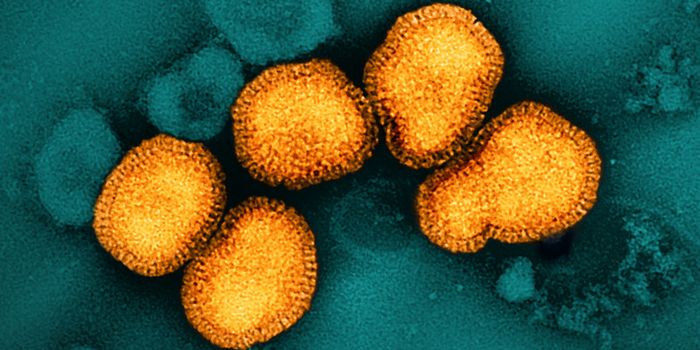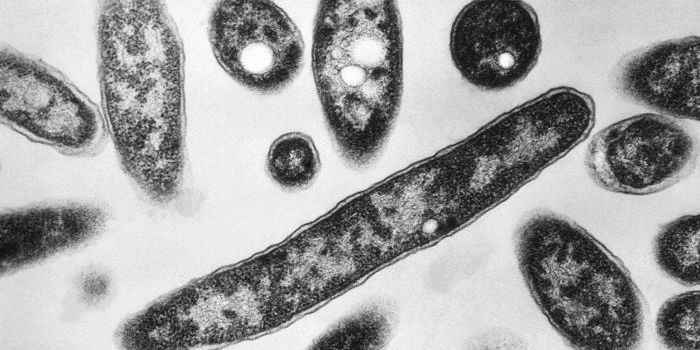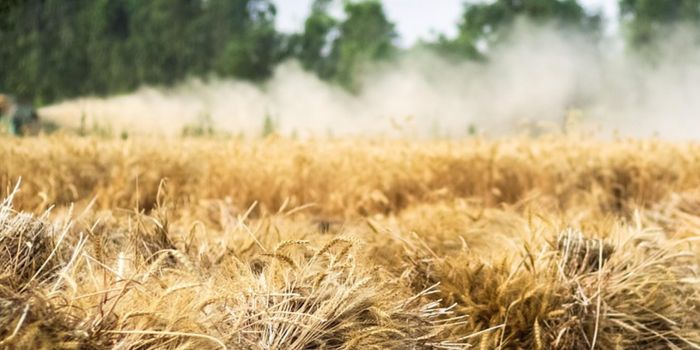A Human Protein That Helps SARS-CoV-2 Move Through Cells
SARS-CoV-2, the virus that causes COVID-19 is still forming new variants and infecting people around the world. The pandemic has lasted for about three years, and for many governments, it's time to move on from the public health emergency. But there is still no effective and reliable treatment for COVID-19. New research has revealed a human protein that seems to play a crucial role in how the infection progresses in the body. The protein, called occludin, mediates the movement of the virus from one cell to another. This new data could help scientists create ways to stop the virus and treat the disease it causes. The findings have been reported in the Proceedings of the National Academy of Sciences.
"Despite all the mitigation strategies implemented since the start of the pandemic, including the vaccines and antiviral drugs, we are still working to effectively control the spread of this disease, which continues to infect people each day, including those who have been vaccinated and exposed to the virus before," said lead study author Wenjun Ma, an associate professor at the University of Missouri.
"This basic, scientific research is very important to better understand the underlying mechanisms of disease progression inside the body's cells so that the proper countermeasures can be identified and developed."
In this work, the researchers analyzed the SARS-CoV-2 virus as it infected cells in culture. They found that the virus may damage the occludin protein in a cell, which then enables the virus to replicate quickly and spread to neighboring cells all over the body. Then the infection gets worse and symptoms may become more severe.
"For example, if only one cell in the lungs is infected at first, the ability to breathe may not be significantly impacted. However, once the virus spreads to neighboring cells throughout the lungs, it can lead to difficulty breathing and other respiratory problems," noted Ma.
Ma suggested that it may be possible to leverage this information to develop strategies to support the occludin protein so that it won't be destroyed by a viral infection, and the virus may not be able to spread so easily.
Now the researchers are also interested in determining whether other viruses have a similar effect on occludin.
Sources: University of Missouri, Proceedings of the National Academy of Sciences









